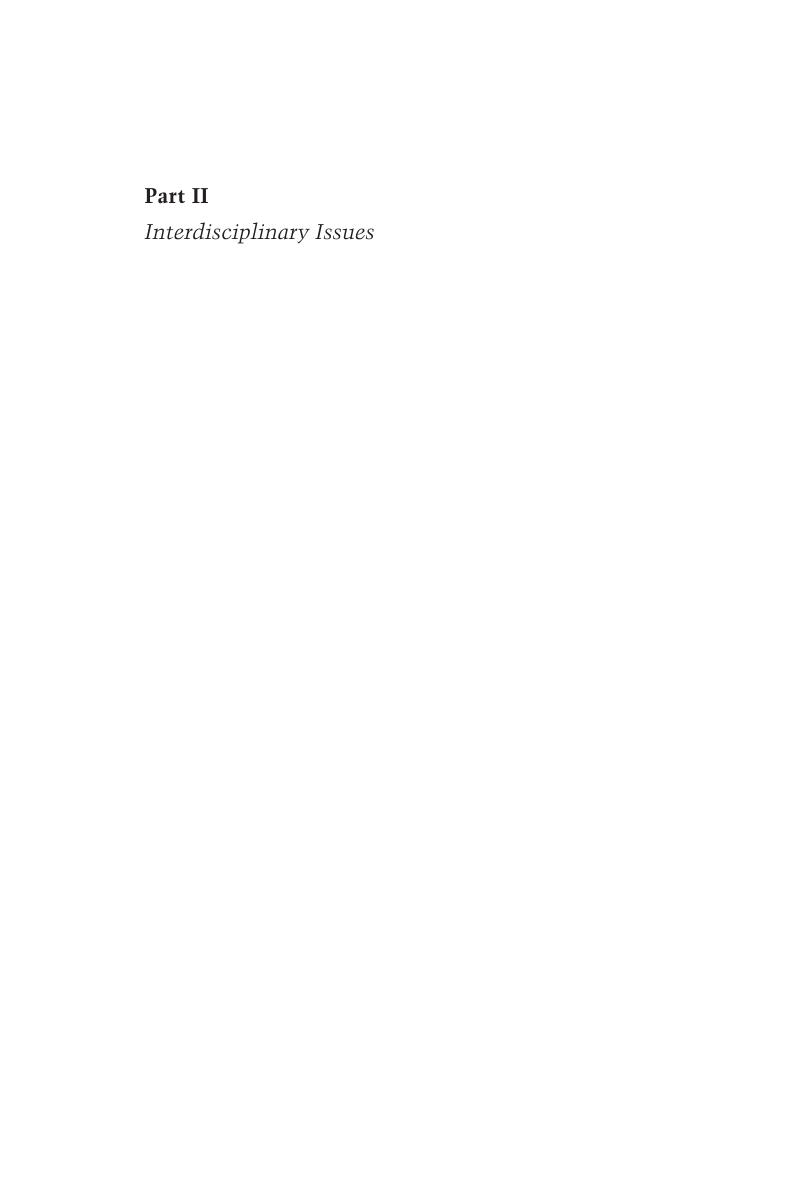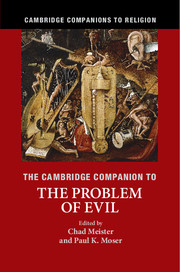Book contents
- The Cambridge Companion to The Problem of Evil
- Cambridge Companions to Religion
- The Cambridge Companion to The Problem of Evil
- Copyright page
- Contents
- Contributors
- Acknowledgments
- Introduction
- Part I Conceptual Issues and Controversies
- Part II Interdisciplinary Issues
- Index
- Miscellaneous Endmatter
- References
Part II - Interdisciplinary Issues
Published online by Cambridge University Press: 05 July 2017
- The Cambridge Companion to The Problem of Evil
- Cambridge Companions to Religion
- The Cambridge Companion to The Problem of Evil
- Copyright page
- Contents
- Contributors
- Acknowledgments
- Introduction
- Part I Conceptual Issues and Controversies
- Part II Interdisciplinary Issues
- Index
- Miscellaneous Endmatter
- References
Summary

- Type
- Chapter
- Information
- The Cambridge Companion to the Problem of Evil , pp. 145 - 266Publisher: Cambridge University PressPrint publication year: 2017

